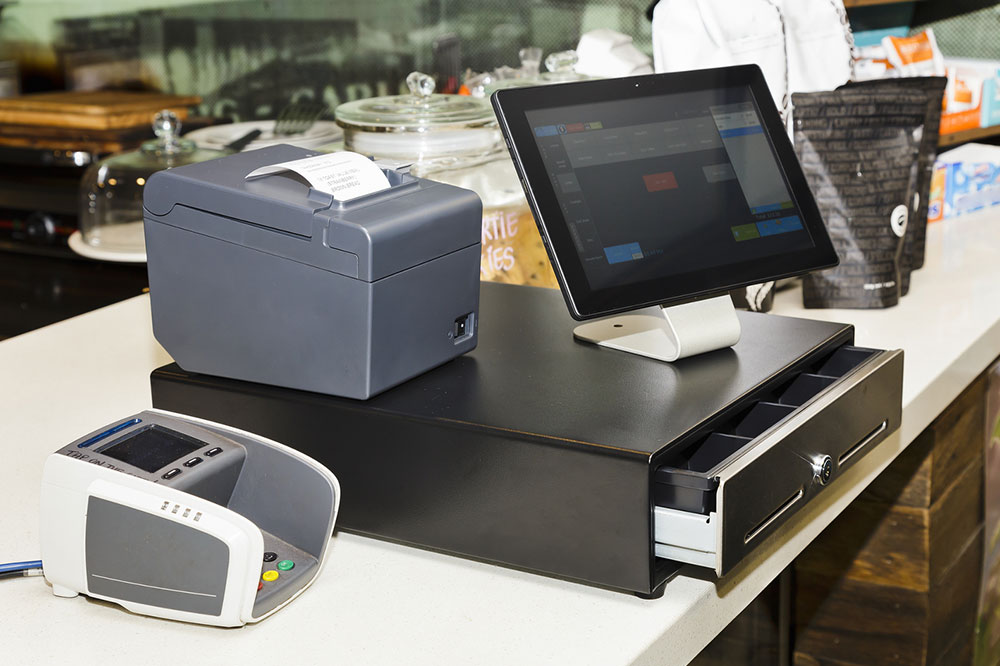How to Boost Sales with a POS System
More and more companies are implementing Point of Sale (or POS) systems in order to optimize the sales funnel. POS machines streamline your company sales, offering mobility for sales terminals, even offsite. Plus, POS systems track inventory, record sales analytics, and even monitor all company-associated accounting.
Regardless if your company has a chain of brick and mortar retail locations (with cash registers), or a sales team that’s on the road constantly (making mobile sales via laptops and tablets), POS management offers the ability to sell and be marketable from any location.

1. Streamline marketing efforts
POS systems report just about everything sales related, which means they track everything from online email promotions to the click through rate of your social media posts. You can use these POS reports to determine what works and doesn’t work when it comes to your company marketing efforts.
2. Sell from any location
Conferences, sidewalk sale, online stores, brick and mortar stores, vendor events, trade shows, sales visits—all offer a sales opportunity that you can take advantage of thanks to a POS solution. Make your sales team mobile by integrating POS machines into their devices so they can process payments and reorder products on the fly.
3. Create customer loyalty
Along with POS reports, POS systems record individual customer purchases. By collecting a bit of personal information (email, birth date) you can create loyalty programs and perks (i.e., birthday discounts) to build customer loyalty and a recurring client base.
4. Real time sales
POS software maintains inventory—in real time. That means when sales team members are working one-on-one with clients they are seeing the most up to date inventory online. They can also track past customer orders and estimate need, by sending alerts to customers who regularly buy products to alert them that their favorite items are in stock, but inventory is low.




